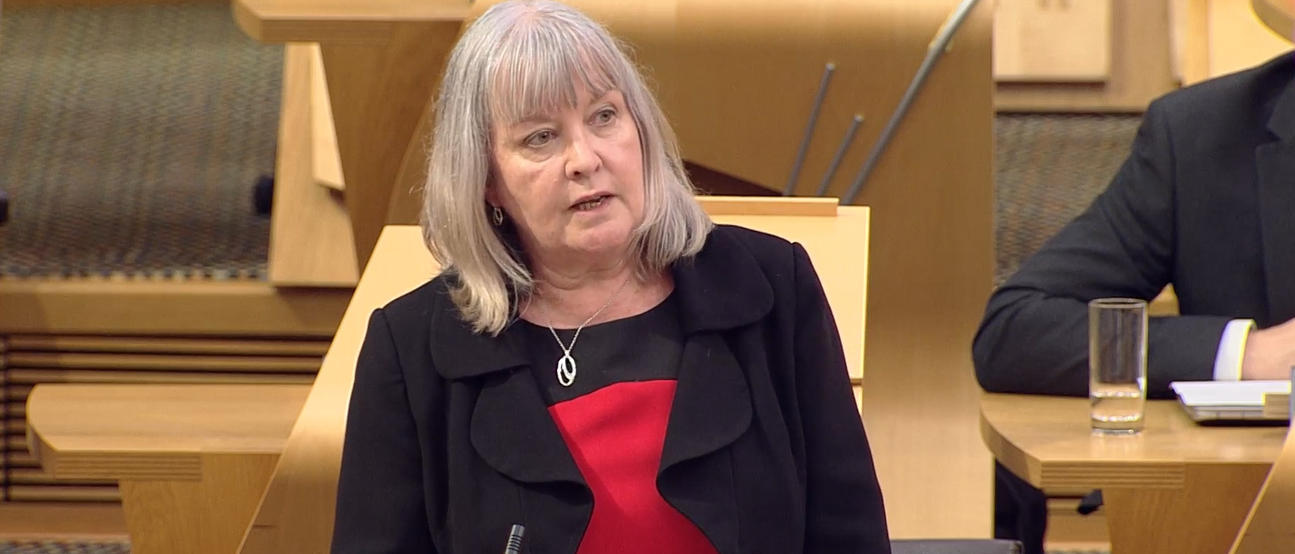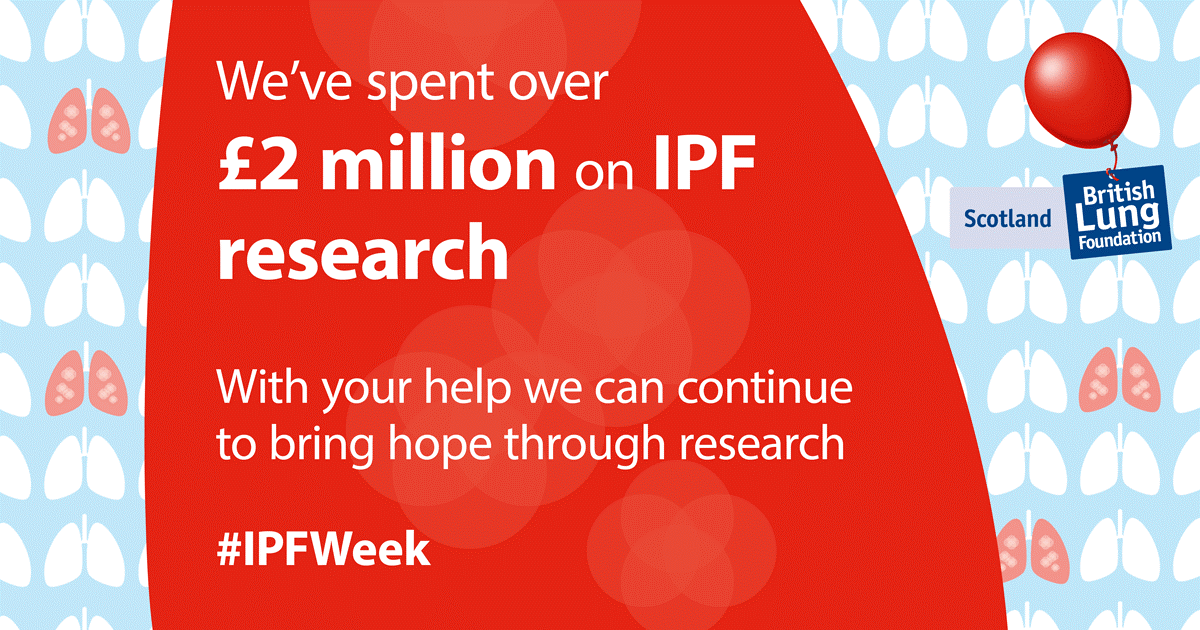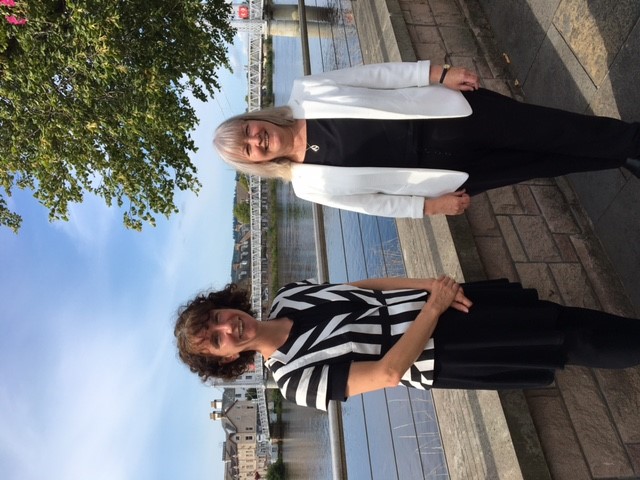Dear Constituent:
“Thank you so much for getting in touch about Scotland’s uplands. They are a unique and precious part of Scotland’s landscape and we must do everything we can to support them in a way that works for people, wildlife and the climate. As you say, the protection of raptors must be central to this. Scottish Labour is committed to more effective monitoring of raptor conservation and stronger penalties for those who persecute our raptors.
Scottish Labour has also called for more land to be in the hands of local communities to help create a fairer, sustainable Scotland. We support legislation to ensure that no one individual can acquire large swathes of Scotland’s land and prevent land ownership via offshore tax-havens. We have called for increased funding for the Scottish Land Fund and interventions when land is not used in ways that serve the public interest. Public sector agencies should also be enabled to participate in land markets with the aim of transferring the land into local vehicles of sustainable local ownership, as a basis for local wealth building and income retention.
I share the importance you place on the return of natural woodlands and bogs in prime condition. Scottish Labour supports planting at least 15,000 hectares of trees a year and increasing peatland restoration to 20,000 hectares each year, alongside measures to end commercial peat extraction. At least 50% of all woodland expansion should be with native species and at least 10% delivered through natural regeneration.
These actions would support sustainable employment in rural areas. We have called for the establishment of a Scottish Conservation Corps, modelled on the Civilian Conservation Corps of the New Deal, to employ and train a new workforce dedicated to restoring Scotland’s natural environment. This could employ up to 10,000 people.
With the right vision and commitment we can ensure Scotland’s uplands work for people as well as wildlife and the climate, and I will continue to be a strong voice in parliament for change.
Yours sincerely,
Rhoda




